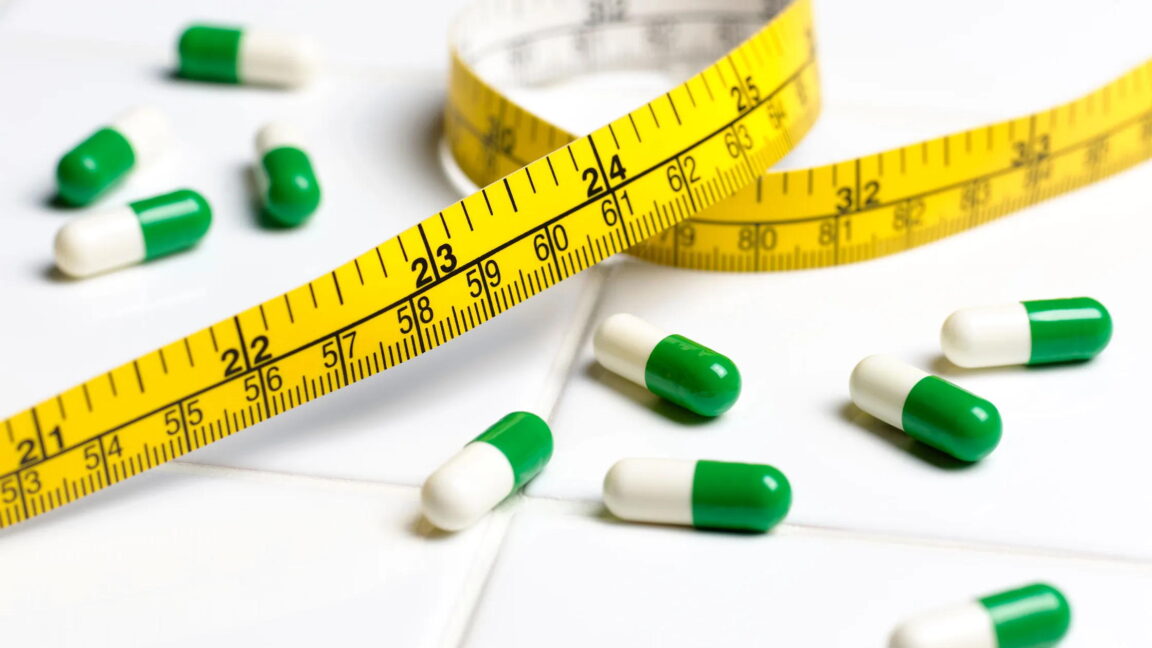
In rats, the drug produced a constant 1 % weekly weight reduction over a six-week examine interval whereas preserving 100% of lean muscle mass.
In a first-in-human pilot examine of 9 contributors, the drug was secure with no hostile results. Tissue samples taken from the gut have been used to verify that the coating shaped and was additionally cleared from the physique inside 24 hours. The examine wasn’t designed to evaluate weight reduction, however blood testing confirmed that after the drug was given, glucose ranges and the “starvation hormone” ghrelin have been decrease whereas the degrees of leptin, an appetite-regulating hormone, have been increased.
“When vitamins are redirected to later within the gut, you are activating pathways that lead in the direction of satiety, power expenditure, and total wholesome, sustainable weight reduction,” Dhanda says.
Syntis Bio’s findings in animals additionally trace on the drug’s potential for weight reduction with out compromising muscle mass, one of many issues with present GLP-1 medicine. Whereas weight reduction on the whole is related to quite a few well being advantages, there’s growing evidence that the form of drastic weight reduction that GLP-1s induce can even result in a lack of lean muscle mass.
Louis Aronne, an weight problems drugs specialist and professor of metabolic analysis at Weill-Cornell Medical School, says that whereas GLP-1s are wildly common, they will not be proper for everybody. He predicts that within the not-so-distant future there will likely be many medicine for weight problems, and therapy will likely be extra customized. “I feel Syntis’ compound matches in completely as a therapy that could possibly be used early on. It’s a form of factor you might use as a first-line medicine,” he says. Arrone serves as a medical adviser to the corporate.
Vladimir Kushnir, professor of drugs and director of bariatric endoscopy at Washington College in St. Louis, who isn’t concerned with Syntis, says the early pilot information is encouraging, however it’s onerous to attract any conclusions from such a small examine. He expects that the drug will make folks really feel fuller however may even have a number of the similar uncomfortable side effects as gastric bypass surgical procedure. “My anticipation is that that is going to have some digestive uncomfortable side effects like bloating and stomach cramping, in addition to doubtlessly some diarrhea and nausea as soon as it will get into a much bigger examine,” he says.
It’s early days for this novel method, but when it proves efficient, it may someday be an alternate or add-on drug to GLP-1 medicines.
This story initially appeared on wired.com.

